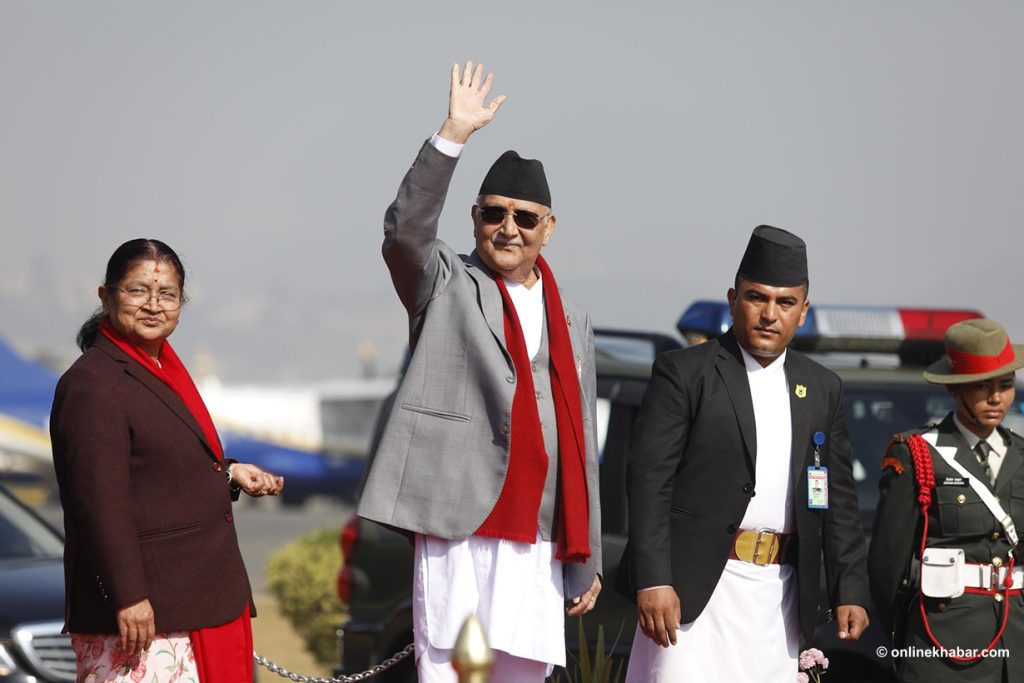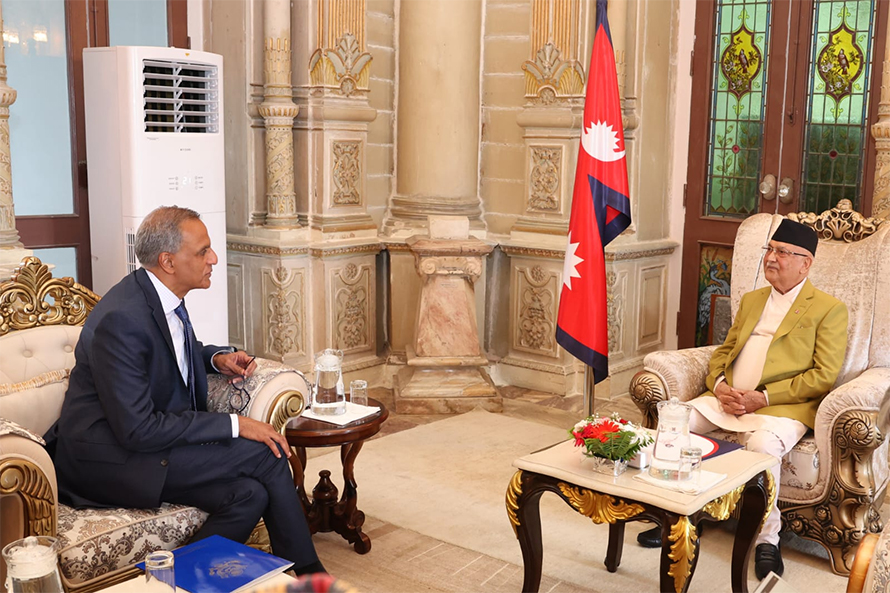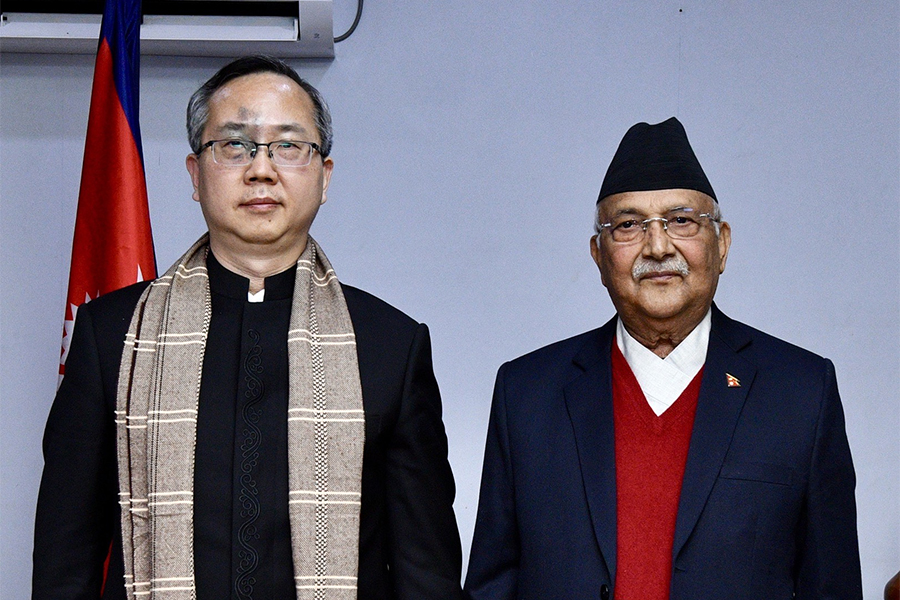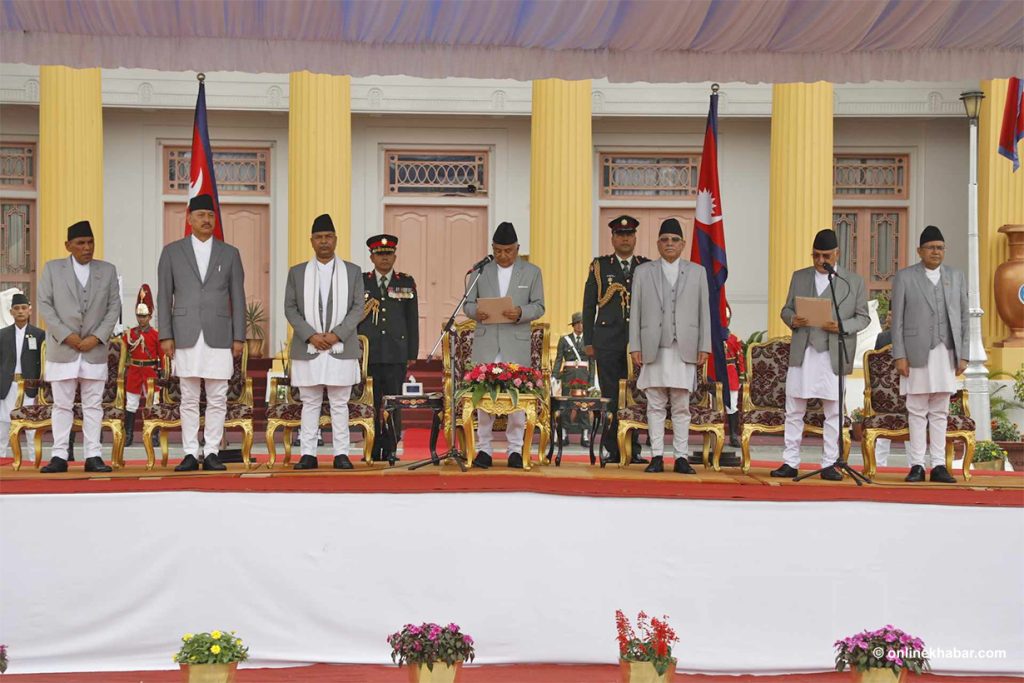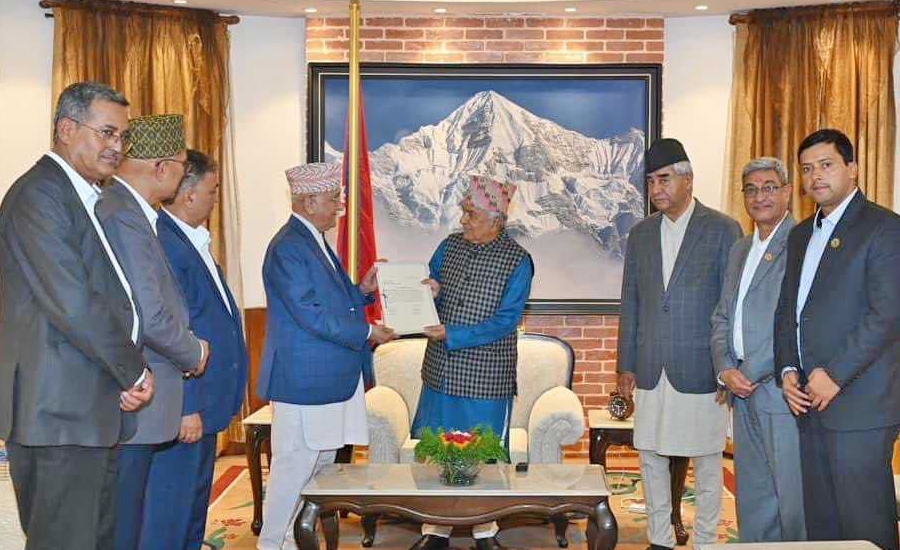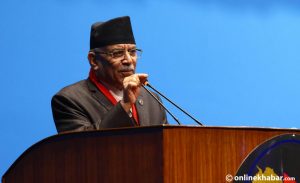Professor Yuan Qun, the deputy dean at School of Marxism Studies in the Yunnan University of China, is currently studying political parties of Nepal. It has been several years since he has been closely observing the communist movement in Nepal.
As China reportedly launched its efforts to save the Nepal Communist Party from a split, which seems inevitable now, Onlinekhabar recently talked to Yuan to discuss the Chinese perspective on recent development’s in Nepal’s biggest communist party and its implications for Nepal-China ties.
Excerpts:
How do you observe the split of the Nepal Communist party?
On May 17, 2018, the CPN-UML and CPN-Maoist Centre merged into the Nepal Communist Party. The establishment of the Nepal Communist Party opened a new stage of political stability and economic development in Nepal. A united Nepal Communist Party and a stable government are what the people wanted. The split of the Nepal Communist Party is not in the interests of Nepal and Nepali people and may cause Nepal to fall into stagnation or even another turmoil again.
So that is why China is backing the Nepal Communist Party?
Both the Communist Party of China and the Nepal Communist Party take Marxism as the guiding ideology and are committed to building a new type of party relationship, featuring mutual respect, seeking common ground while reserving differences, and mutual learning. However, the Communist Party of China will never delimit with ideology; the Communist Party of China always keeps sound and close exchanges and cooperation with other parties of Nepal also. Both of the countries are good neighbours and friends. Regardless of which party is in power in Nepal, the two countries will maintain stable and friendly relations.
Does it mean that China played its role to unite the left parties in Nepal last year?
The Communist Party of China has developed its close relations with Nepali political parties, including the Nepal Communist Party, based on the principles of independence, complete equality, mutual respect, and non-interference in each other’s internal affairs. The Communist Party of China is willing to exchange experiences with Nepali political parties in strengthening party building and state governance in the new era so as to better benefit the two countries and the two peoples.
Do you see any foreign hand in the split of the Nepal Communist Party?
China adheres to the development of friendly and cooperative relations with other countries in the world on the basis of the Five Principles of Peaceful Coexistence. It always supports Nepal in safeguarding its independence and sovereignty and firmly opposes interference in Nepal’s internal affairs by external forces.
Finally, what will be China’s strategy in Nepal after the split of the NCP?
During my visit to Nepal in 2019, I had a meeting with the main leaders of the Communist Party of Nepal. They all expressed their strong desire to resolve the differences within the party through consultation and dialogue. Judging from the recent statements of the leaders, the voices that advocate strengthening the party’s unity and opposing the party’s split are dominant. The Communist Party of China will continue to support the unity of the Communist Party of Nepal and believe that the leaders of the Communist Party of Nepal can proceed from the national interests and the overall situation, and properly resolve internal differences through dialogue and consultation.







